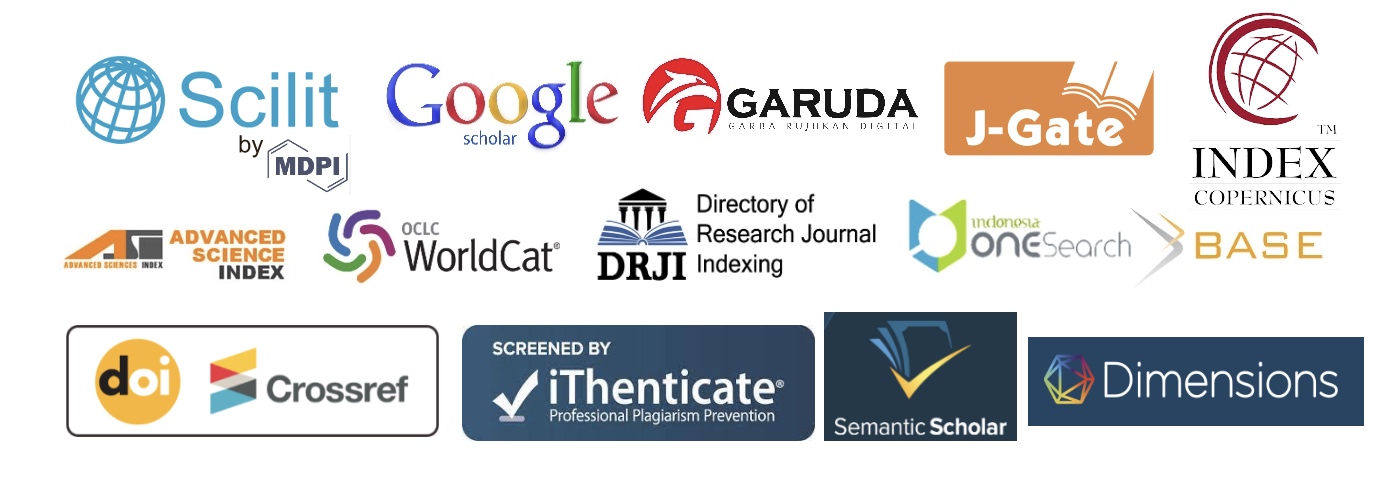Comparison of K-NN and Naive Bayes Algorithms to Predict Student Teacher Satisfaction at Madrasah Ibtidaiyah
DOI:
https://doi.org/10.35842/icostec.v3i1.71Keywords:
K-Nearst Neighbors, Naive Bayes, ComparisonAbstract
The sentiments that students, parents, the community, or other stakeholders have about the educational process are expressed by their level of satisfaction with education. Reliability, responsiveness, empathy, assurance, and tangible are just a few of the elements that make up a happy student. To predict parental happiness in this study, two approaches were used: K Nearest Neighbors and Naive Bayes. Both Naive Bayes and K Nearest Neighbors demonstrate an accuracy of 0.75 in training comparison findings. On the other hand, KNN outperforms Naive Bayes with an accuracy of 0.69 in the testing comparison.


